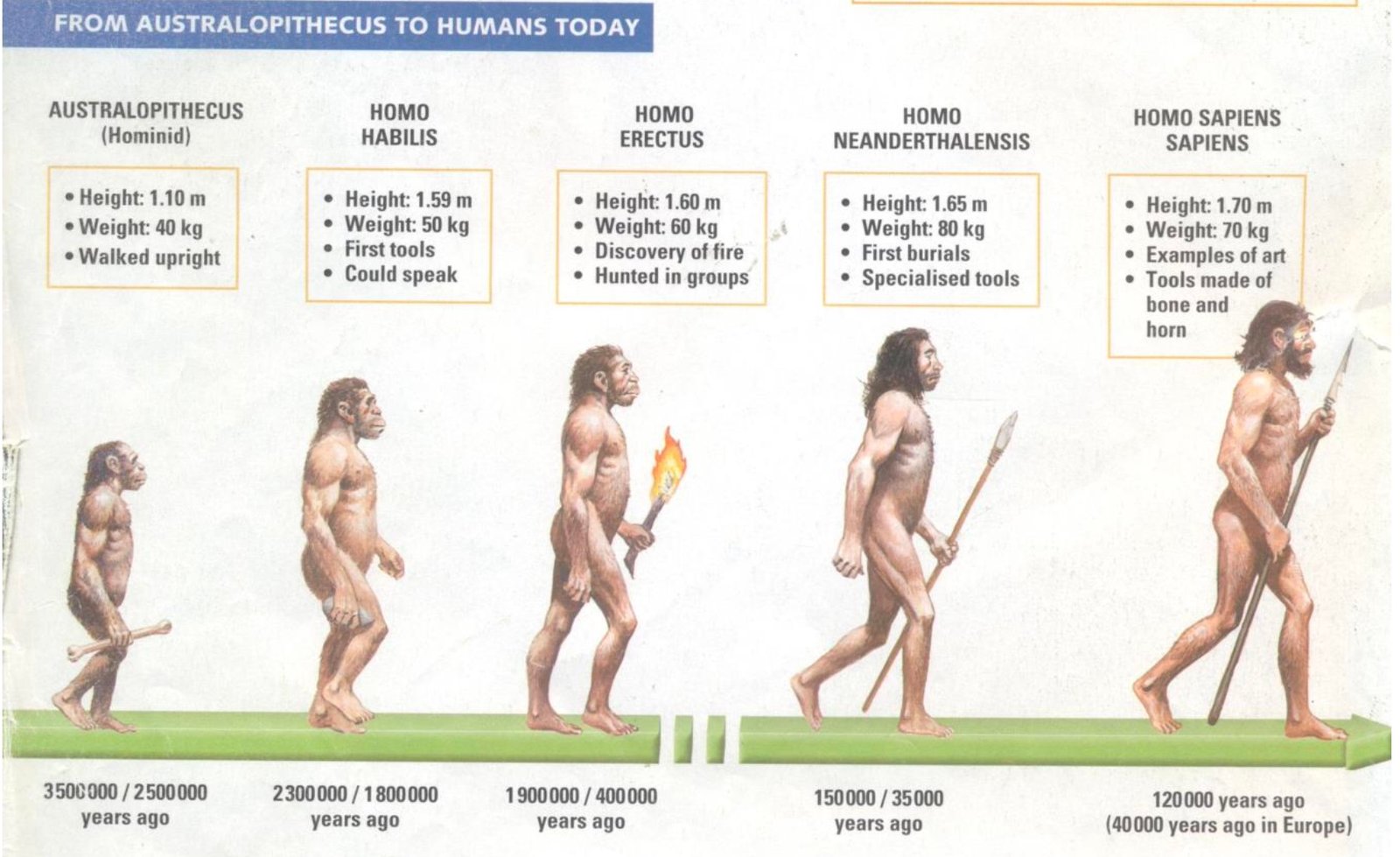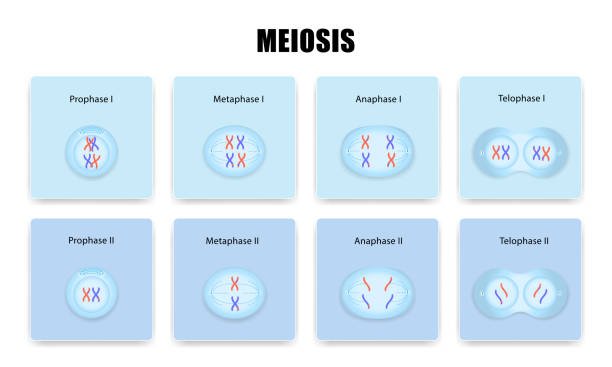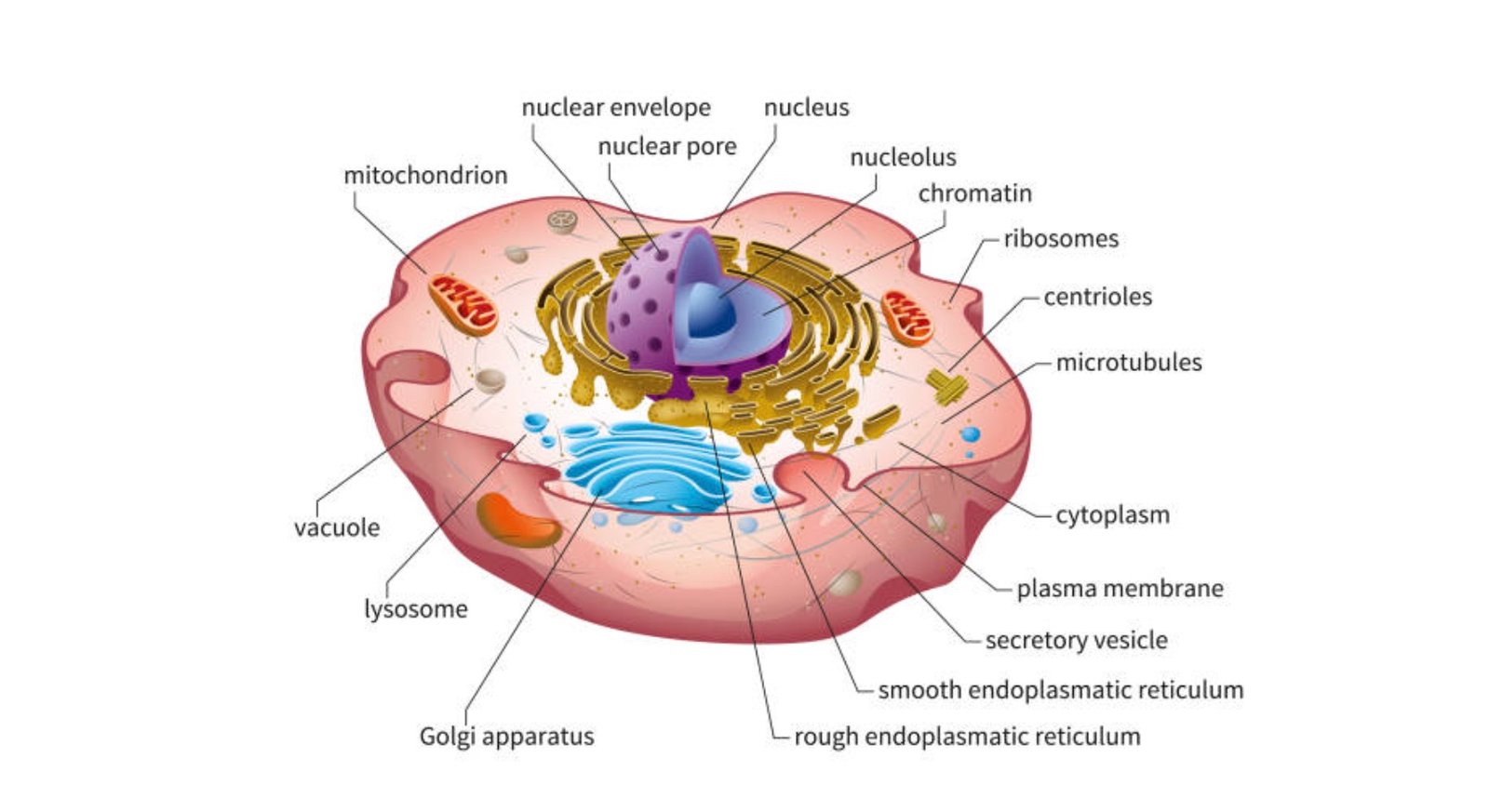Evolution Grade 12 Revision Notes for Term 3: Life Sciences: for assignments, exams and tests.
The theory of evolution has been developed over many years by many different scientists and is regarded as a scientific theory since various hypotheses relating to evolution have been tested and verified over time.
What is Evolution?
The word evolution simply means change over time. Evolution is the process by which organisms develop over time from earlier forms. Biological evolution refers to any genetic change in a population that is inherited and becomes a characteristic of that population over several generations.
Watch Video Lesson: Evolution: Life Sciences Grade 12
Key Terminologies in Evolution Section for Grade 12 Learners to know
- biological evolution: any genetic change in a population that is inherited over several generations
- biological species: a group of organisms with similar characteristics that interbreed with one another to produce fertile offspring
- population: a group of individuals of the same species occupying a particular habitat
- punctuated equilibrium: evolution characterised by long periods of little or no change followed by short periods of rapid change
- natural selection: mechanism of evolution – organisms survive if they have characteristics that make them suited to the environment
- artificial selection: human-driven selective force, e.g. breeding of plants and animals to produce desirable traits
- inbreeding: mating of individuals that are closely related
- outbreeding: mating of individuals that are not closely related
- speciation: the formation of a new species
- geographic speciation: formation of a new species when the parent population separated by a geographical barrier
Grade 12 Evolution Notes pdf Downloads
Life-Sciences-Evolution-manual.pdf
Download
lsgr12ssipbookletsessions3-8ln2013.pdf
Download
Life-Sciences-Evolution.pdf
Download





